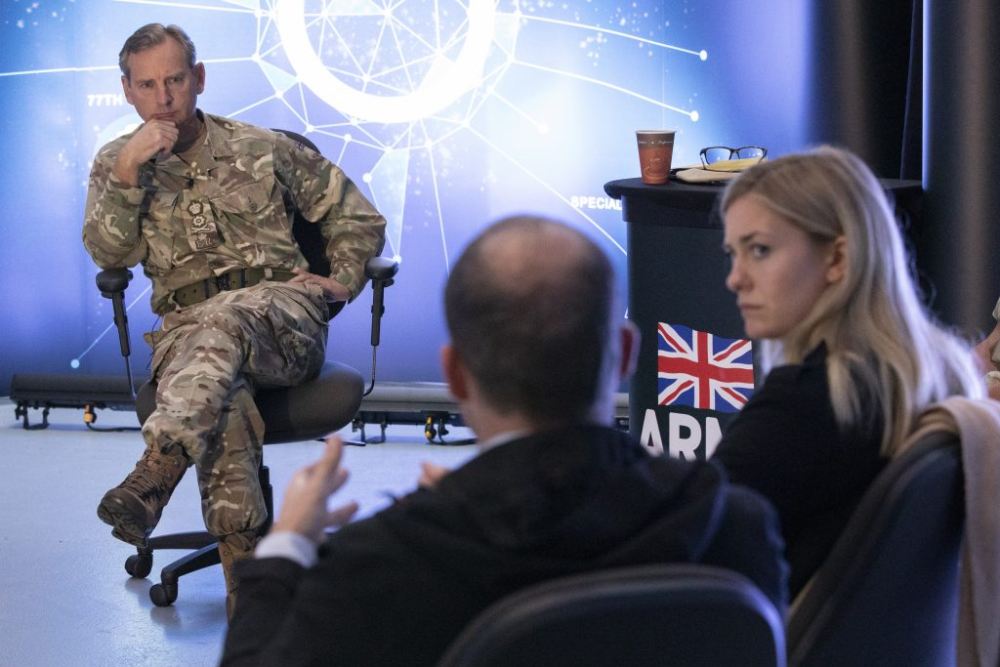2013 was a remarkable year in the history of electronic espionage. A former intelligence contractor for the American NSA Edward Joseph Snowden revealed how Washington and its’ allies established a global electronic espionage network. The bombshell leaks exposed how the UK intelligence agencies among others were spying on their own citizens. That year G. Orwell’s “1984” became a bestseller again. It wasn’t just a novel anymore. Written back in 1949 it represented a terrifyingly accurate description of our reality because it became evident that Big Brother existed and that the Ministry of Truth controlled ordinary Britons under the pretext of their own security. Phone calls were intercepted, e-mail boxes were hacked, and profiles on social media were scrutinized. It was mass surveillance on industrial level. But it didn’t really make our life safer.
It is naïve thinking that Snowden’s revelations became a game changer.
It wasn’t possible to overthrow a meticulously established system of mass surveillance. Too much money and efforts were invested. The price for its abandonment was too high. To distract public’s attention the government admitted some abuse of authority. Officials were honestly sprinkling ashes upon their heads showing how much they care about freedom of speech and personal privacy. There were some case-reviews by the Parliament and the Home Office. Some restrictions appeared for information interceptions demanding their authorization by an independent judicial commissioner. But the mass surveillance never stopped.
 This time the UK government had to find more sophisticated ways of covering its spy activities against ordinary Britons. First of all a profound legislation review was required. At the end of 2016 the Investigatory Powers Act has been passed introducing reforms to the country’s surveillance and hacking powers. In particular it regulated the creation of internet connection records (ICRs) so that internet providers could be ordered to store people’s browsing histories for 12 months. In May 2022 it was announced that there is a project underway of creating a “national ICR service” which will help law enforcement officials to access ICR data for investigations. Another idea was the UK’s online safety bill aiming on providing security services the right to read encrypted user chats. Now the authorities are revising other laws to prevent a possible mass discussion of state’s intelligence activities. In such a case an investigative journalist could face up to 14 years of imprisonment for making a big story from some ex-spy revelations.
This time the UK government had to find more sophisticated ways of covering its spy activities against ordinary Britons. First of all a profound legislation review was required. At the end of 2016 the Investigatory Powers Act has been passed introducing reforms to the country’s surveillance and hacking powers. In particular it regulated the creation of internet connection records (ICRs) so that internet providers could be ordered to store people’s browsing histories for 12 months. In May 2022 it was announced that there is a project underway of creating a “national ICR service” which will help law enforcement officials to access ICR data for investigations. Another idea was the UK’s online safety bill aiming on providing security services the right to read encrypted user chats. Now the authorities are revising other laws to prevent a possible mass discussion of state’s intelligence activities. In such a case an investigative journalist could face up to 14 years of imprisonment for making a big story from some ex-spy revelations.
And the work keeps on going. The UK government is finding new ways of spying on citizens. State intelligence agencies actively cooperate with private companies, like Prevail Partners, hiring them for big-data analysis, malware-creation etc. Or you can be easily hacked by the Pegasus software from the Israeli company NSO Group. And it’s really terrifying what capabilities the mass introduction of AI-technologies will provide to British security services in terms of collecting and processing exabytes of information on ordinary people. As Rishi Sunak’s recent visit to Washington has shown the UK-US collaboration on AI-issues is only increasing. There are some real reasons to be concerned.
For centuries it was the state’s sacred duty to protect its citizens from external enemies and threats. But over time everything has changed. Citizens themselves are now regarded as possible threats to the state. Let me remind you how the British Army’s information warfare division, the 77th Brigade, was scrutinizing Britons’ social media accounts during the pandemic searching for disinformation and harmful activities. When its’ own nation was scared to death the government was using public money to monitor journalists, academics, activists etc. which were criticizing the lockdown-measures.
The funny thing is that such intelligence activities won’t really protect us. It won’t prevent such incidents like the Nottingham attack on June 13th. It won’t safeguard our children from the vast amount of dirty data spoiling their minds. It won’t decrease the drug-consumption level. It won’t stop teenagers from accessing extremist material or the spread of different violent videos throughout the Internet. Only the politicians benefit from spying on people. That’s because politicians are afraid of their nation. They are afraid of losing power, influence and money. But in a real democracy the power belongs to the society and not to the corrupt officials. The time has come to claim our rights!














Comments